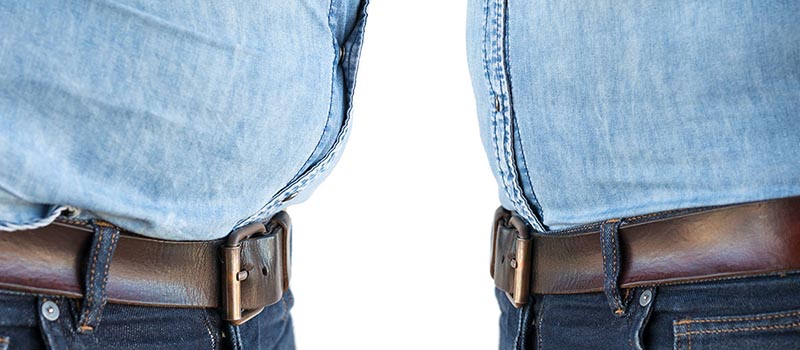Surgery Preparation
Weight loss surgery is similar to other major surgeries and we want you to have as much information about the process as possible. When you know what to expect ahead of time, you can more easily plan for your journey—from consultation to recovery.
All initial surgical dates are tentative. Once we have obtained clearances from all of your required evaluations and your insurance company we will confirm your surgery date.
Your surgery may be postponed if you have:
- If you have a weight gain between the date of your first consultation in the surgeon’s office and your pre-operative visit.
- Not quit smoking two months prior to your surgery date. (Smoking greatly increases the risk of blood clots, pneumonia and other respiratory problems after surgery.)
Please stop the following:
- Smoking
- Depo-provera shots
- All Hormones
- Drinking alcohol
- All birth control pills
- All herbal supplements (St. John’s Wort, Gingko Biloba, Kava Kava, Valerian Root, etc.)
Within 30 days before surgery, you will have pre-admission testing (PAT), which may include:
- Blood work (less than 30 days old)
- Chest X-ray and EKG (less than 6 months old)
- You will be assessed by an anesthesiologist and a nurse
Please bring a list of all your current medications to your PAT appointment. The nurse will advise you if and when you should stop taking some medications, including blood thinners, aspirin and medications that contain aspirin.
Everyone meets with our registered dietitian at the onset of the program.
Monthly appointments are offered in group settings and individual counseling and the number of sessions may vary by individual needs and/or insurance requirements:
- Education provided on nutritional lifestyle changes
- Learn how to shop healthier and eat healthier
- Learn how to read food labels, meal planning and portion control
- Learn about vitamin requirements post-operatively
During your hospital stay, your bariatrics team will support you and your family every step of the way. You or your loved one will have access to a team member throughout your inpatient experience.
When you are in the hospital:
- If you have been diagnosed with sleep apnea through a sleep study, you may bring your C-PAP mask from home. A C-PAP machine can be provided for your use while in the hospital.
- If you have a history of blood clots or a BMI greater than 50 your doctor may order Lovenox (Enoxaparin) injections to be taken for 14 days after surgery to prevent blood clots. We recommend checking with your insurance company in advance about coverage for this medication.
- If you still have your gallbladder, you will take the medicine Urso Forte for 6 months after your surgery to prevent gallstones. This medication can be made in a liquid form at your pharmacy.
- The morning or afternoon after your surgery you may be given Gastrographin (dye) and X-rays will be taken to make sure you are not obstructed.
- Compression boots will be placed around your legs and will gently squeeze your legs to help circulation to your legs and feet. These help prevent blood clots and will be used during surgery and while you are in bed during your hospital stay.
- Activity is an extremely important part of your recovery and weight loss process. Activity helps prevent blood clots, pneumonia, constipation, gas pain and it increases weight loss. You will get out of bed and walk after you are awake, alert and able to stand a few hours after your surgery.

